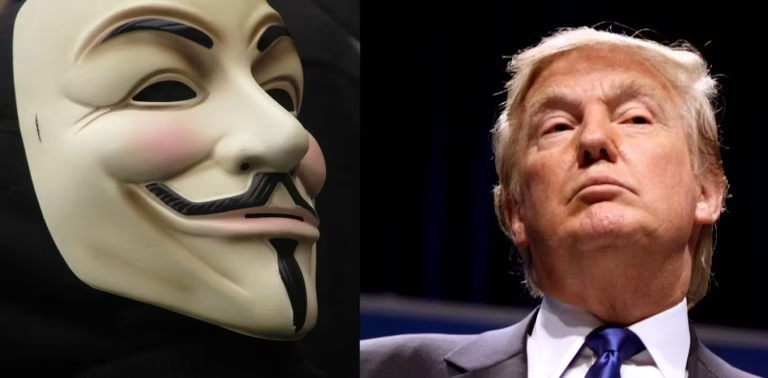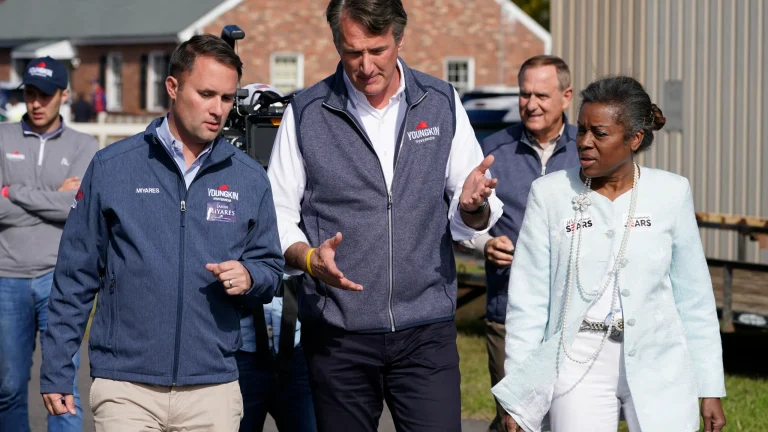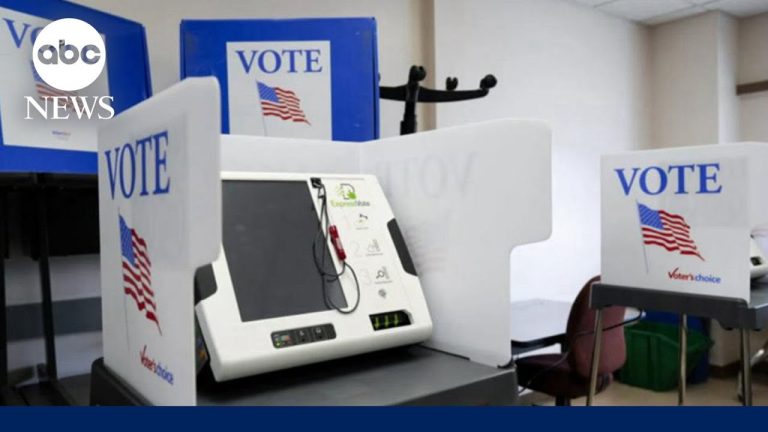-By Mike Sacks
May 22, 2012- WASHINGTON — Montana Attorney General Steve Bullock says that he has been so personally involved in the Citizens United sequel soon to be considered by the U.S. Supreme Court that his coworkers say he is the case's "attorney specific."
It is a role Bullock welcomed following the 2010 ruling in Citizens United, which held that "independent expenditures, including those made by corporations, do not give rise to corruption or the appearance of corruption." Bullock, a Democrat, led 26 states in submitting a brief to the Supreme Court for that case, in favor of the federal law that restricted such corporate spending and was ultimately struck down as unconstitutional. He is the top lawyer for Montana, the only state not to abandon its own corporate spending regulations in that decision's wake.
So when an out-of-state conservative interest group now known as American Tradition Partnership brought suit in Montana to topple the state's century-old Corrupt Practices Act as invalid under Citizens United, Bullock took it upon himself to fight back.
"I dove down deep early on when the first challenge came into the case," Bullock told HuffPost. "I've been working with my sleeves rolled up ever since on it."
His legal theory is simple: Montana is different. Contra the U.S. Supreme Court's determination in Citizens United, Bullock asserted that corporate corruption through political spending could and did happen in Montana. The very existence of the Corrupt Practices Act, passed by referendum in 1912 by voters who lost trust in a political system in thrall to the state's mining interests, has served to prove his point. Montana's act, Bullock argues, neither resembles the federal ban on corporate spending nor imposes the burdensome regulations on corporate speakers that the five-justice majority in Citizens United found unconstitutional.
He argued and lost at the district court level, but then prevailed last December at the Montana Supreme Court, which adopted Bullock's positions as its own. In February, American Tradition Partnership convinced the U.S. Supreme Court to block that decision, temporarily reinstating the district court's invalidation of the Corrupt Practices Act as the justices receive more thorough briefing from the parties over whether to take the case.
Meanwhile, American Tradition Partnership has been sending out attack ads to influence the outcome of a Republican legislative election slated for the state's June 5 primaries. The organization, set up as a 501(c)(4), solicits donors by telling them that "we’re not required to report the name or the amount of any contribution that we receive" — effectively sidestepping disclosure requirements that the Supreme Court in Citizens United cited as good-government safeguards in a world of unlimited spending.








